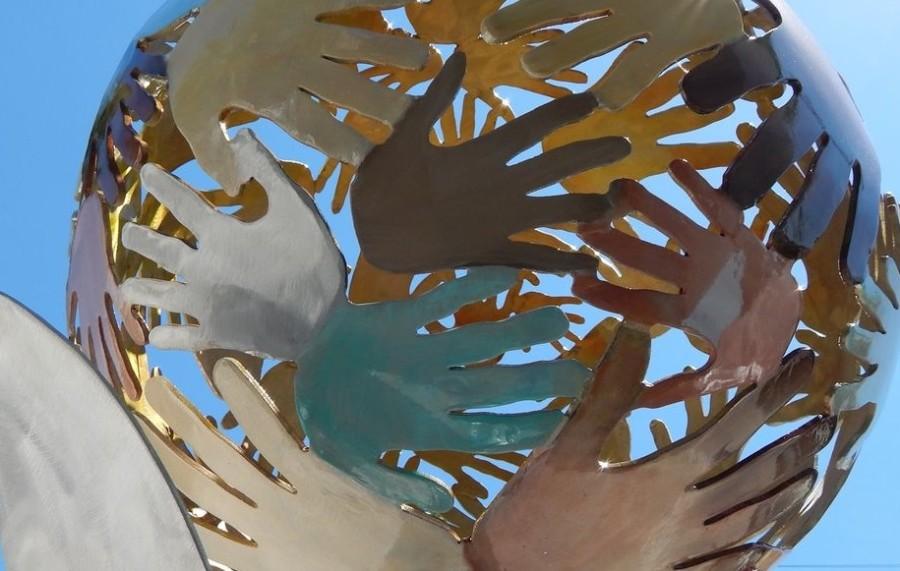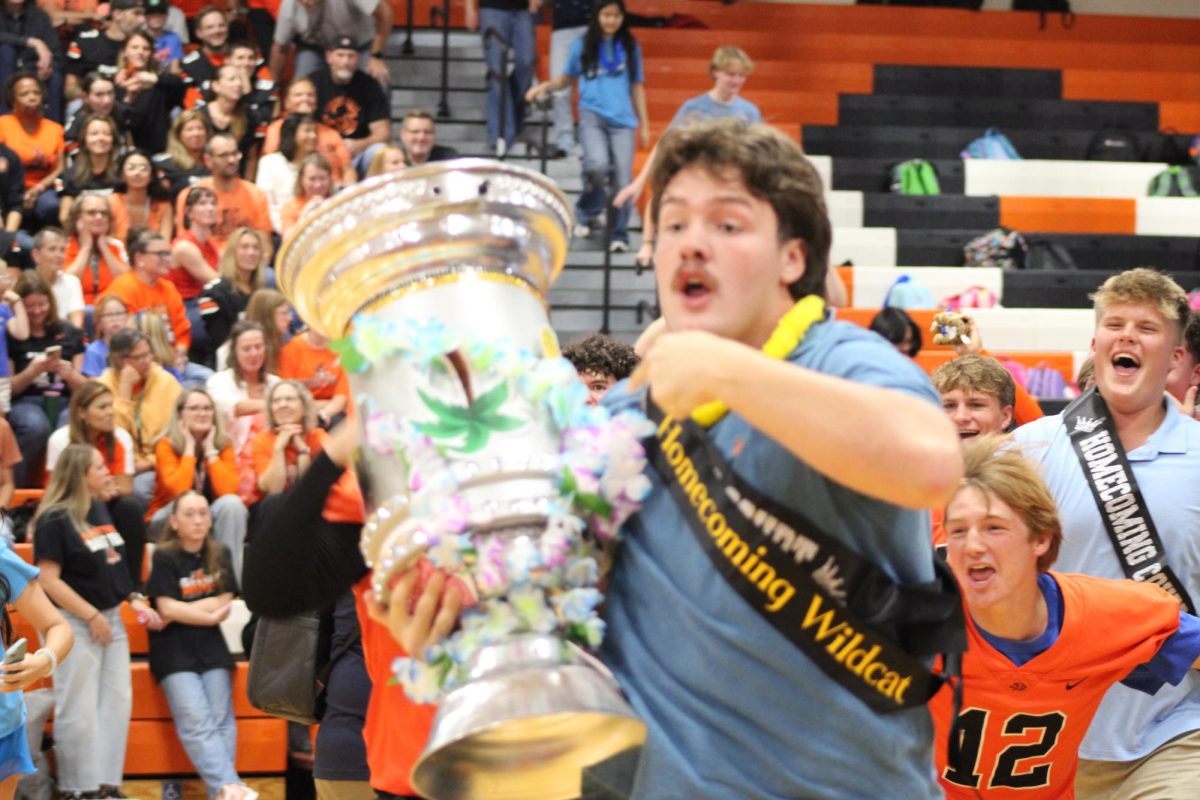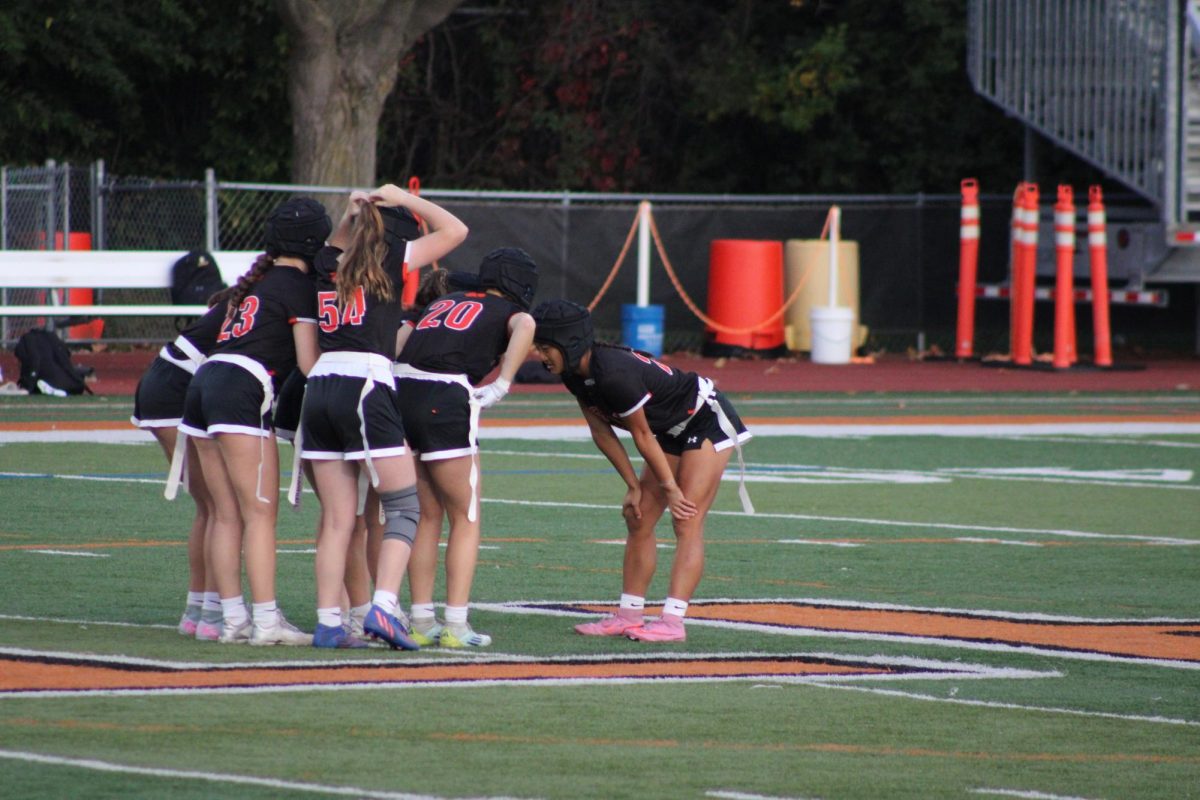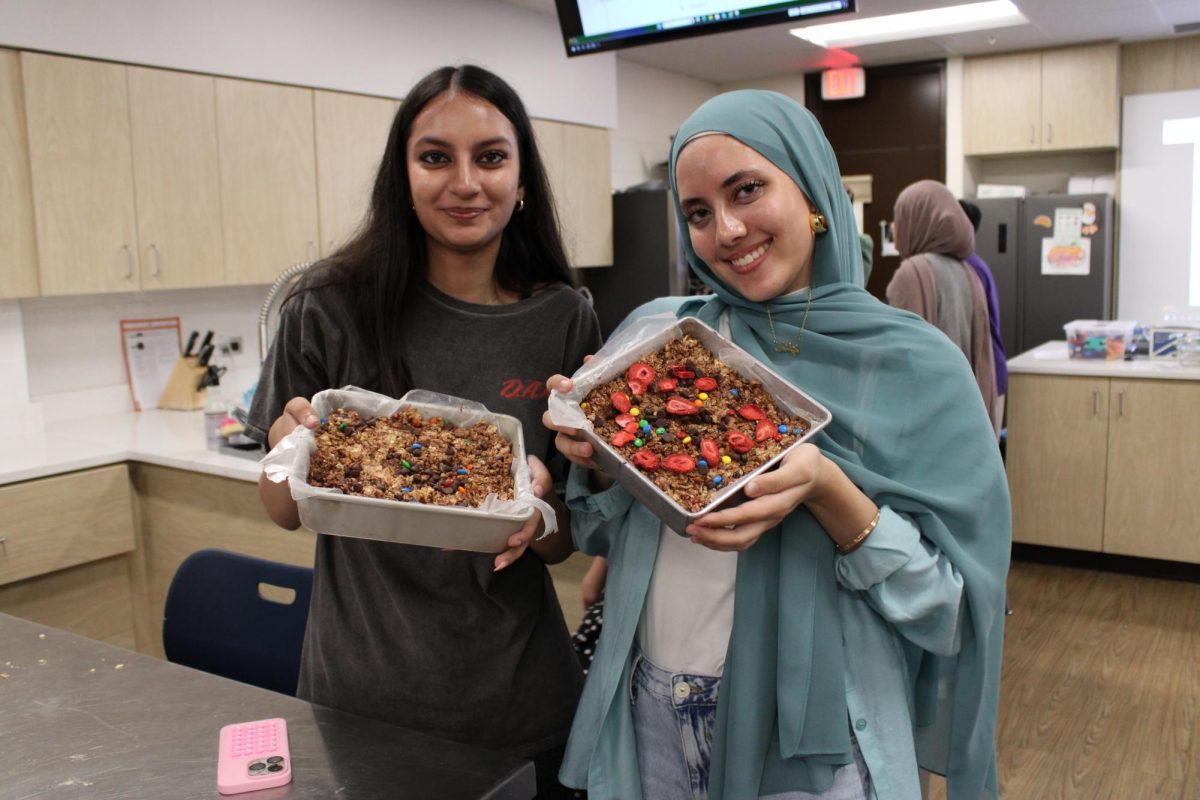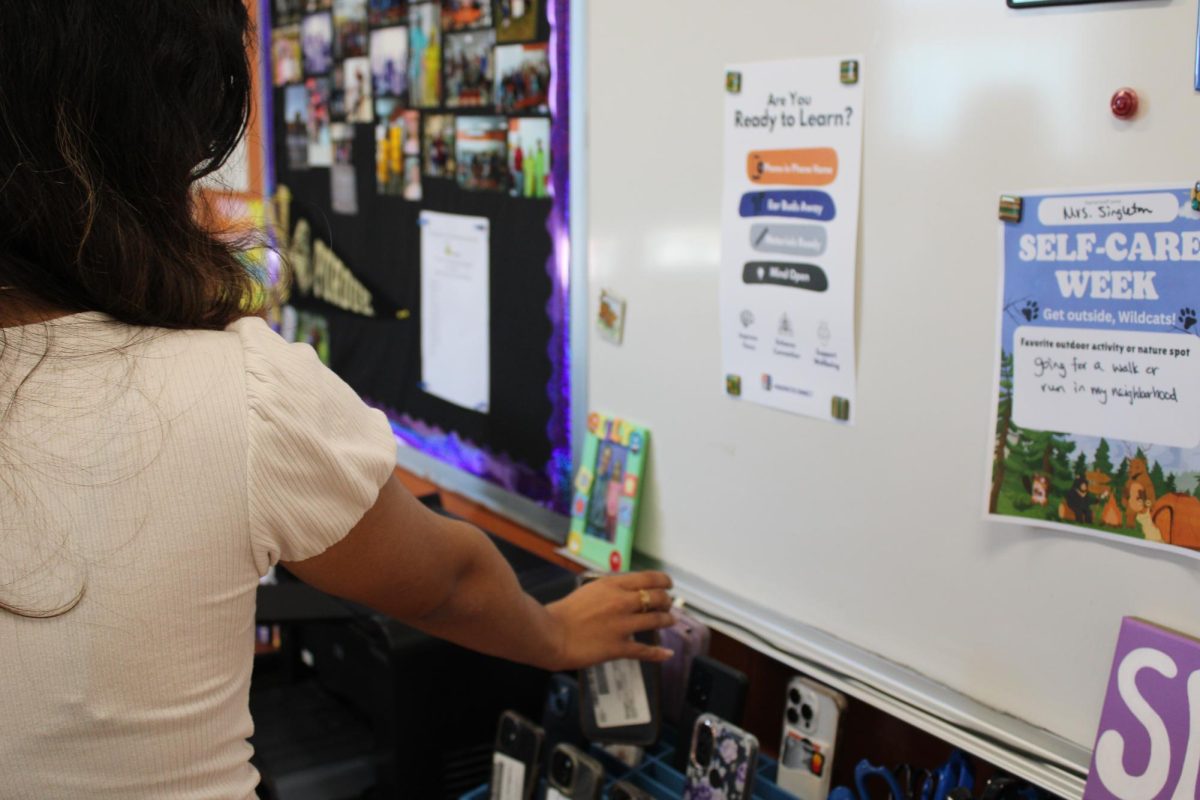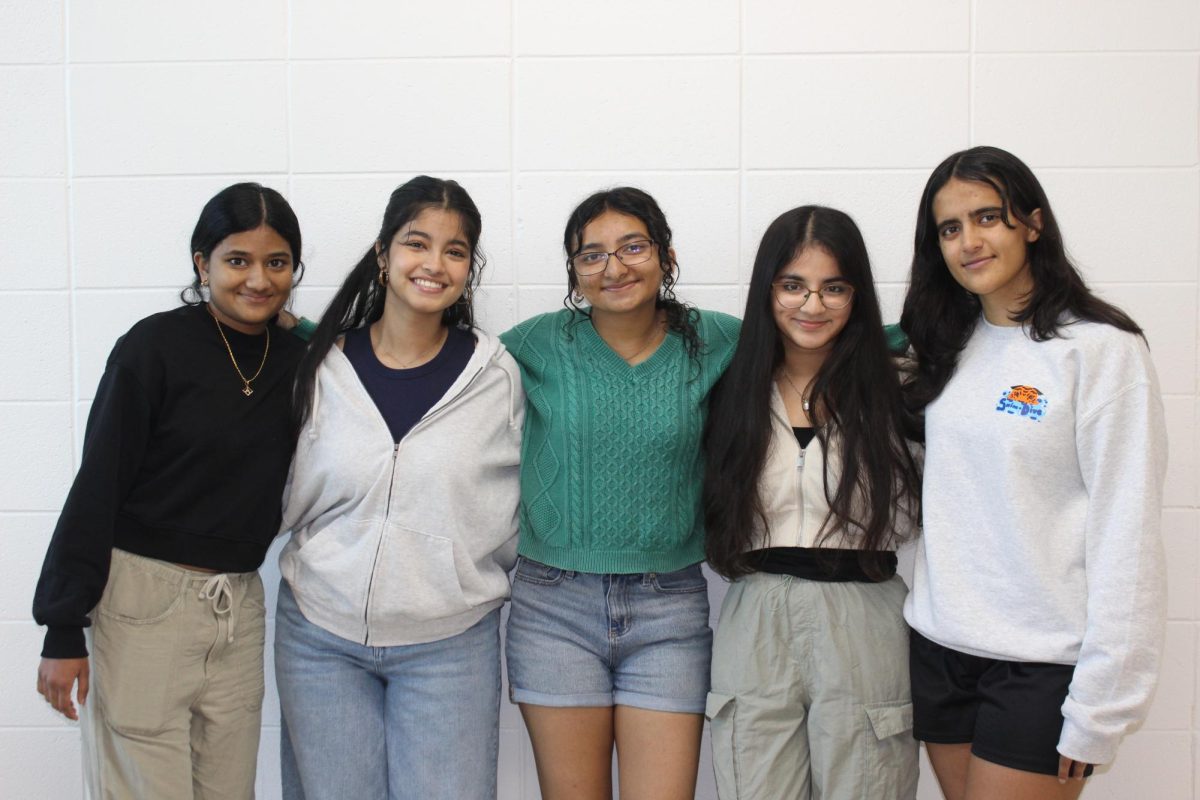Here at LHS, there are a total of about 1% of African Americans who attend this school.
6% are Asians or Hispanics. And less than .1% are American Indian or Pacific Islanders. Most of the ethnic majority is the whopping 83% of white students that dominate the school. About 17% of our students are minorities, a very small amount compared to Vernon Hills and Mundelein, each of which have at least one-third of their entire student population made up of minorities.
Diversity is defined by dictionary.com as “the state of being diverse; different; or unlikely” and is not only defined as race or ethnicity. Diversity can also be defined as the difference in opinion or ideas, even the difference between living things.
However, diversity is not always accepted or necessarily tolerated. This then leads to discrimination. “LHS isn’t necessarily racist [in terms of active discrimination]. They’re racially insensitive towards those of different ethnic backgrounds,” said Steve Rochon, a social worker here at LHS.
Mr. Rochon has seen many different situations regarding the lack of minorities at LHS through his many years of being at the high school. Five to six years ago, Rochon was an advocate for the club “Cross Roads,” which was formed for students of different ethnic backgrounds. The club was created as an proactive step towards diversity and a chance for students to be aware of the difference in not only skin color or race, but the culture around them. Students who joined the club were able to convey their feelings to others who were from different cultures or ethnic backgrounds.
Cross Roads eventually ended in 2008, when the club did not have many students attend after a certain amount of time. “Cross Roads was a way for students to get certain things about being a minority off their chest; it would be great to see it happen again,” said Mr. Rochon. Often times, students would lack a sense of belonging or had somewhat of a disconnection from their previous communities from living in Libertyville, and this club helped them with those issues.
United States History Honors and AP United States History teacher Andrea Lara agrees with the fact that LHS needs more minorities walking through the halls. “Compared to the schools that I used to teach for in the south, those schools were predominantly African American. When I had came here, the student body was predominantly white. It’s a disservice to our kids because we should show them that there is more outside of ‘Libertyville,’” said Ms. Lara. In her opinion, schools now practice what is called “De Facto Segregation,” especially Libertyville. Unintentionally, the district is segregating its students. If families cannot afford to live in Libertyville and pay for the education, they enroll into poor neighboring schools, which are either predominantly African American or Latino.
This is Ms. Lara’s 18th year teaching and throughout her career, the diversity rate seems to stay the same. However, there were a significantly high amount of Asians that left Libertyville several years ago, dropping the percentage down.
So what is the reason for the lack of minorities here at LHS?
“Definitely the economic sense of Libertyville. It’s expensive to live in this area overall,” said Ms. Lara.
We’ve always heard about discrimination of races throughout particular parts in our nation’s history. Blacks, Hispanics, Asians, American Indians, and so forth have all faced discrimination due to their skin color or culture. However, we’ve rarely heard of discrimination locally, particularly here at LHS.
Junior Lina Park, who is Asian, has seen the indirect discrimination being practiced by students throughout the school. “As a minority, you do feel like you stick out a lot more from others,” said Park. Park said that almost every racial slur that she had heard had been in the form of joking.
Juniors Juan Martinez, who is Latin American, and Camille James, who is African-American, also agree with the fact that most forms of discrimination are spoken about jokingly. However, they can be taken offensively at times. “Often times people think that we don’t know how to speak English or that we have fake hair,” said James.
Martinez has also dealt with stereotypes at LHS.
“Most of the time people think that we mow lawns or do housework, but I find it funny because it’s not necessarily true,” said Martinez.



